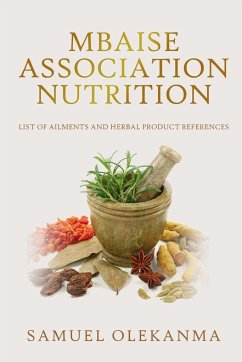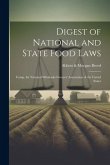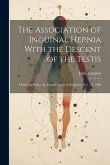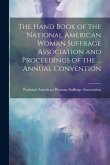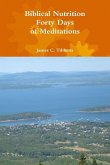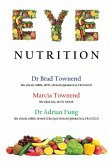Medicine were very important ingredients of Mbaise traditional religion. The forces so called forth by the magician could be put to good or evil use depending on the purpose of the magic. In Mbaise, the dibia (the traditional medicine man) and sorcerers were those usually versed in the art of magic whose charms they also sold to interested clients. Magic, whether homeopathic, sympathetic, or contagious, was usually applied to interpersonal and other inter-group relationships such as during conflicts and wars. For instance, it was reported that the people of Ahiara rendered themselves bullet - proof as a result of powerful charms possessed by them during the Ahiara punitive expedition. Magic as well as religion was linked to the traditional medicinal practice. In many African societies, magic and medicine go by the same name. In the case of Mbaise and the other Igbo groups, today, they are both referred to as Ogwu. Whatever is the case, magic and traditional medicine possess religious implications
Bitte wählen Sie Ihr Anliegen aus.
Rechnungen
Retourenschein anfordern
Bestellstatus
Storno

